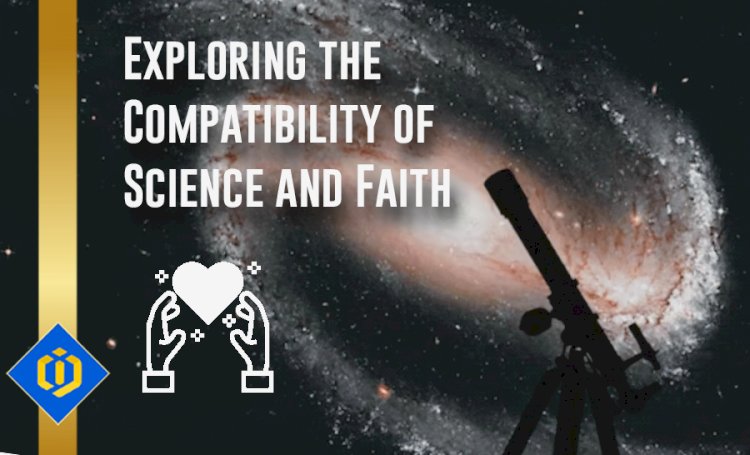The Impact of James Webb Telescope on Religious Beliefs

A ground-breaking device that will revolutionize our understanding of the cosmos, the James Webb Space Telescope is scheduled to launch on December 25, 2021. The telescope is anticipated to offer fresh perspectives on the universe's formation, evolution, and structure due to its sophisticated abilities to observe in infrared light and see through dust.
But for some people, the development of such a potent scientific tool raises concerns about how it might affect their worldview or religious beliefs. Will the James Webb Telescope's discoveries strengthen or weaken religious belief?
The answer is not straightforward, as the relationship between science and faith is complex and multifaceted. Individual beliefs may vary, as well as the perspectives of various religions and denominations on this matter.
Some might assert that because both science and religion aim to comprehend and appreciate the magnificence and complexity of God's creation, they are compatible and complimentary. They might see the revelations made by the James Webb Telescope as chances to strengthen their faith and awe at the size and complexity of the universe.
However, some people believe that because they make different claims about reality, science and faith are incompatible and incoherent. They might perceive the telescope's findings as contradicting or challenging their religious beliefs, especially if they take religious texts literally.
Others may believe that science and religion are distinct from one another and irrelevant to one another because they deal with distinct fields of knowledge that do not overlap or interact. These people may find the discoveries made by the James Webb Telescope to be intriguing or interesting, but they have no bearing on their religious practices or beliefs.
Regardless of one's viewpoint, the James Webb Space Telescope's launch offers a chance to consider how science and religion relate to one another and how these two fields of knowledge can mutually inform and enrich one another. The necessity of ongoing communication and comprehension between the scientific and religious communities is also highlighted.
In conclusion, while the influence of the James Webb Space Telescope on religious beliefs may differ depending on personal perspectives, it's critical to acknowledge the contribution of both science and faith to our understanding of and appreciation for the complexity and beauty of the cosmos. The telescope offers a remarkable opportunity for both scientific investigation and reflection and discussion on the interrelationship between science and religion.
An Analysis by Pooyan Ghamari, Swiss Economist with Expertise in the Digital World

 content-team
content-team 


















